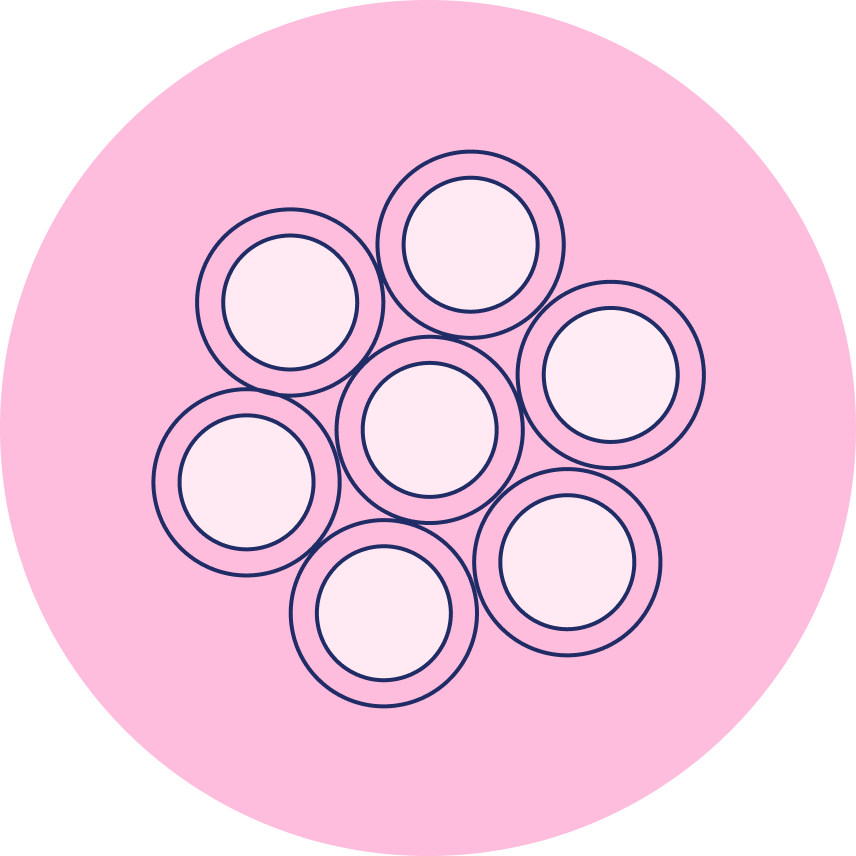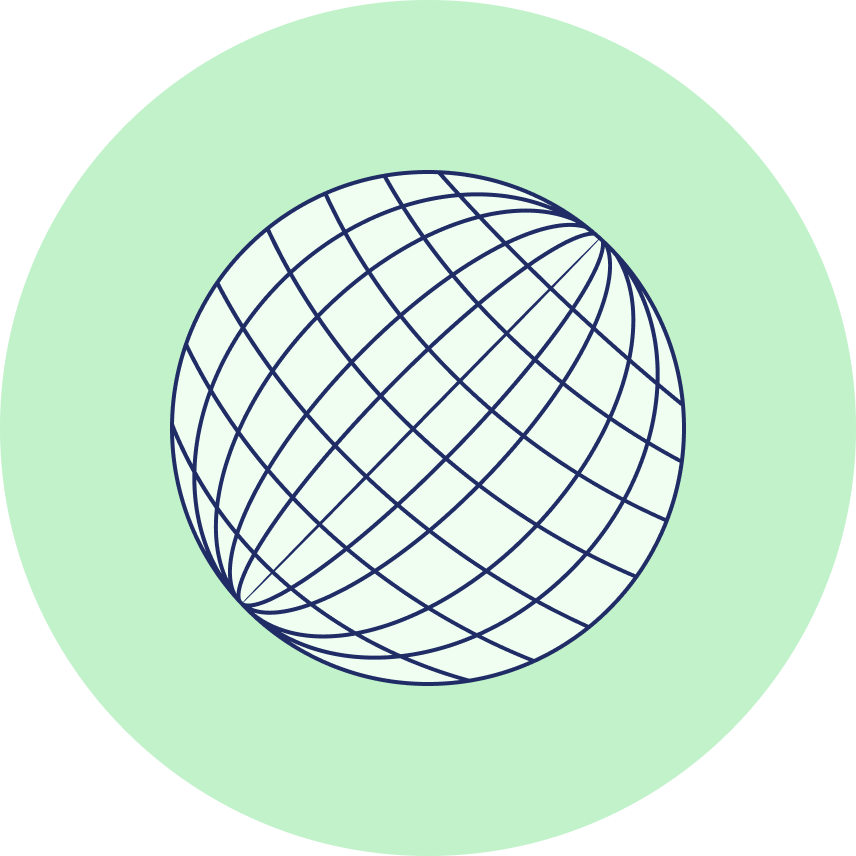ABOUT COW’S MILK PROTEIN ALLERGY
CMPA – also known as cow’s milk allergy or CMA – is a type of milk allergy found in babies and young children. This is where their developing immune systems respond negatively to the proteins found in cow’s milk, which can cause a range of symptoms, from skin rashes to upset tummies.
We can help break it down for you.













